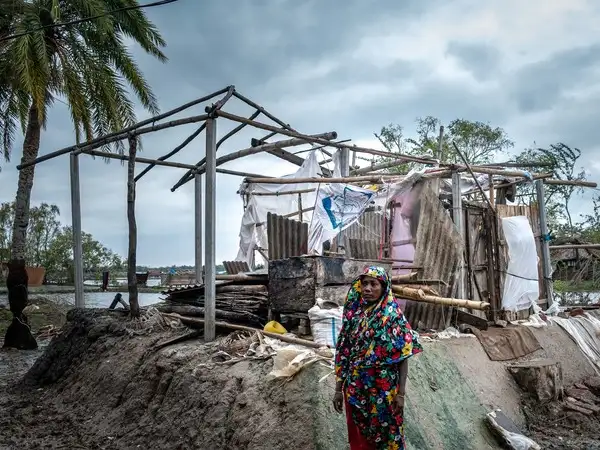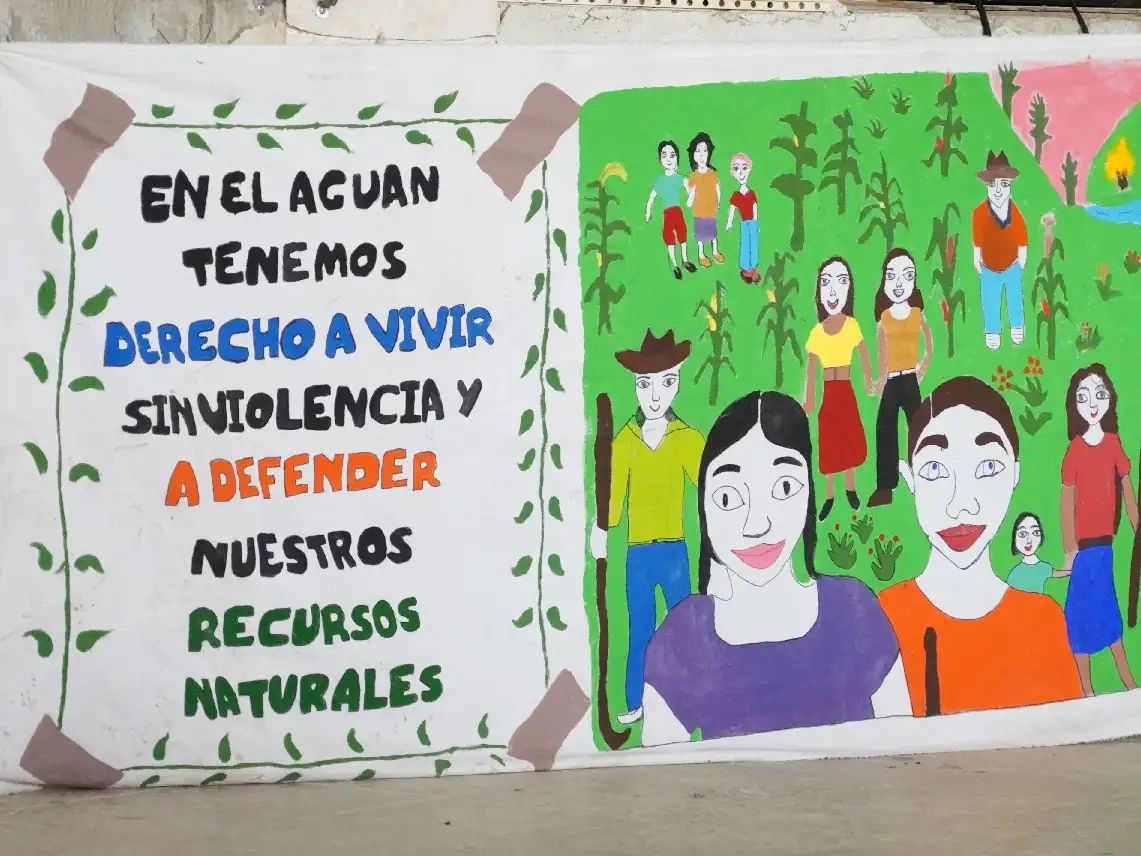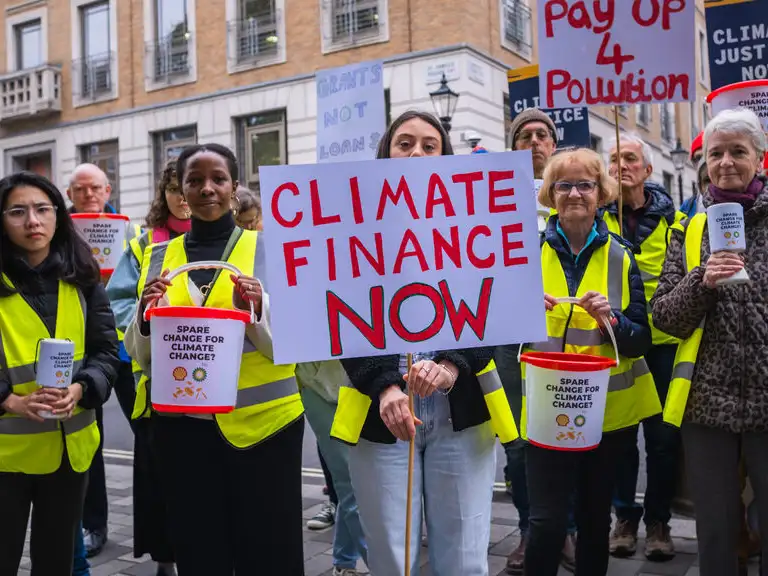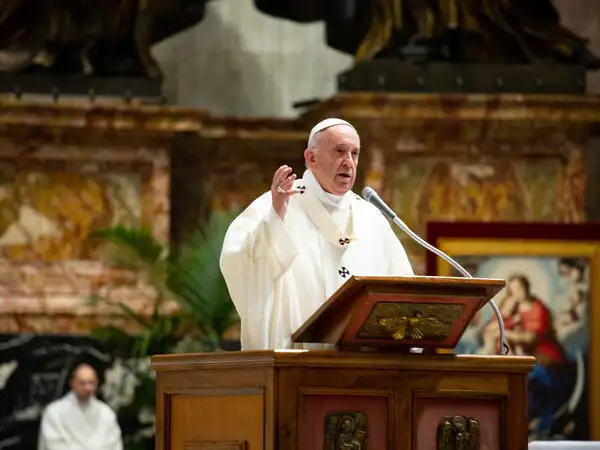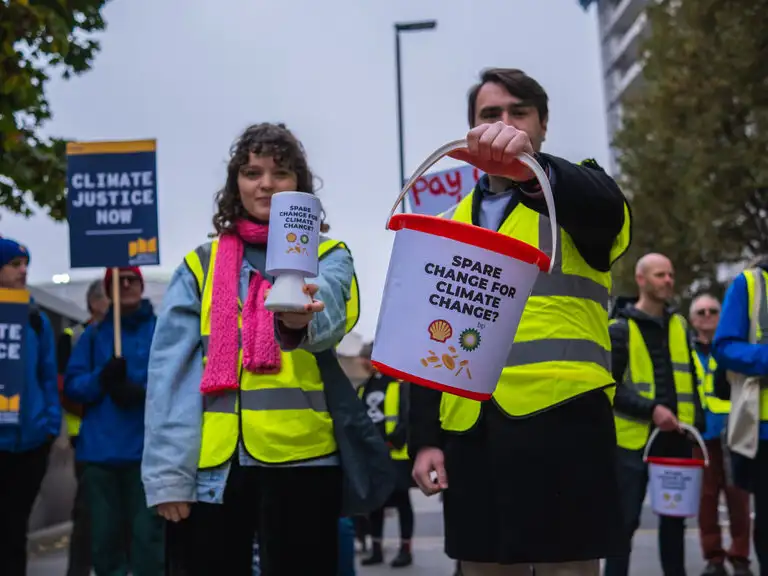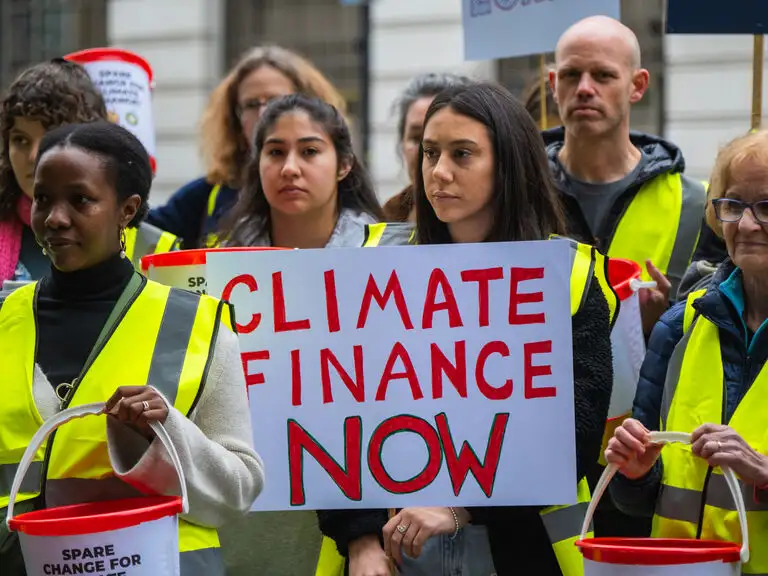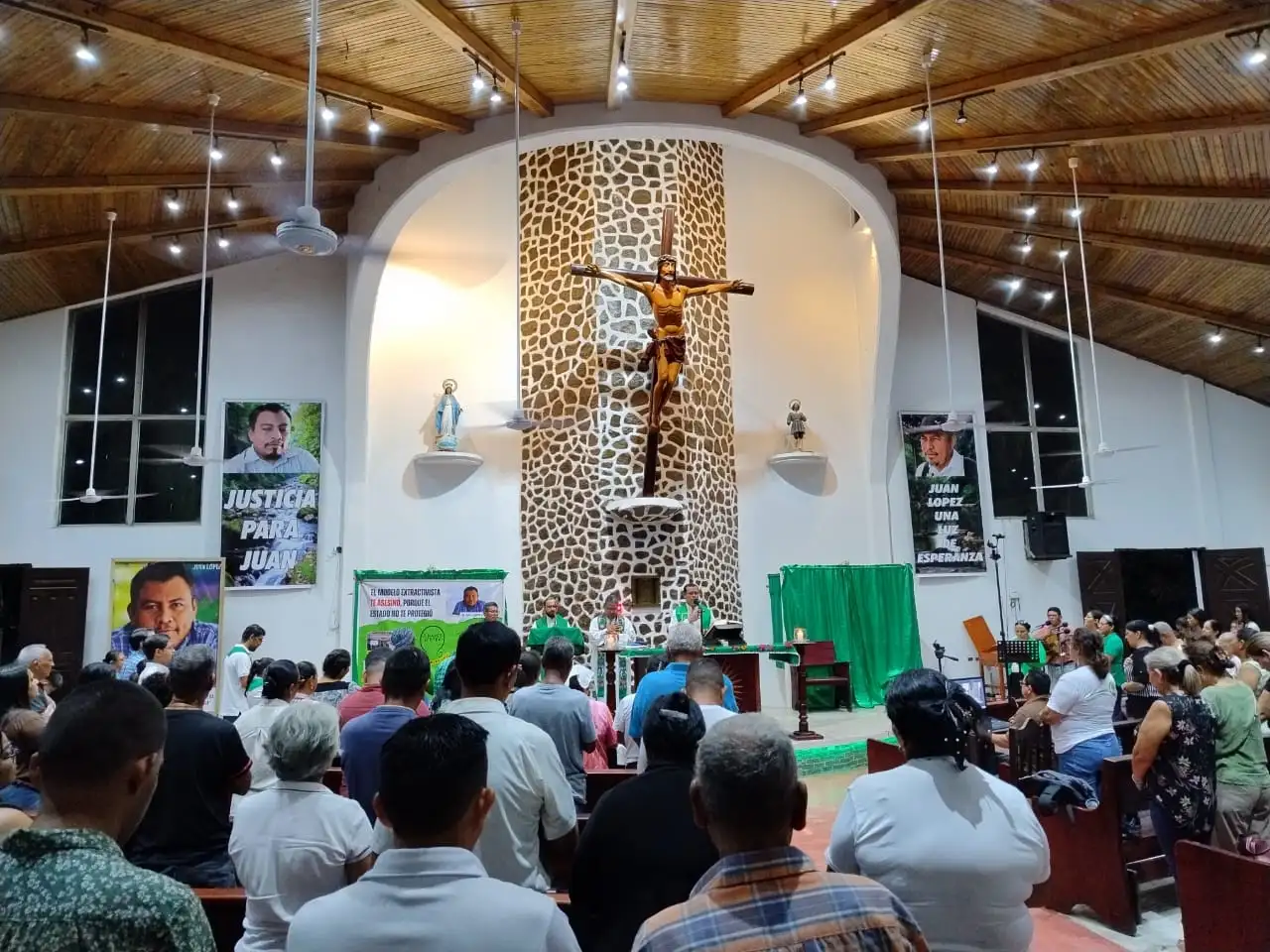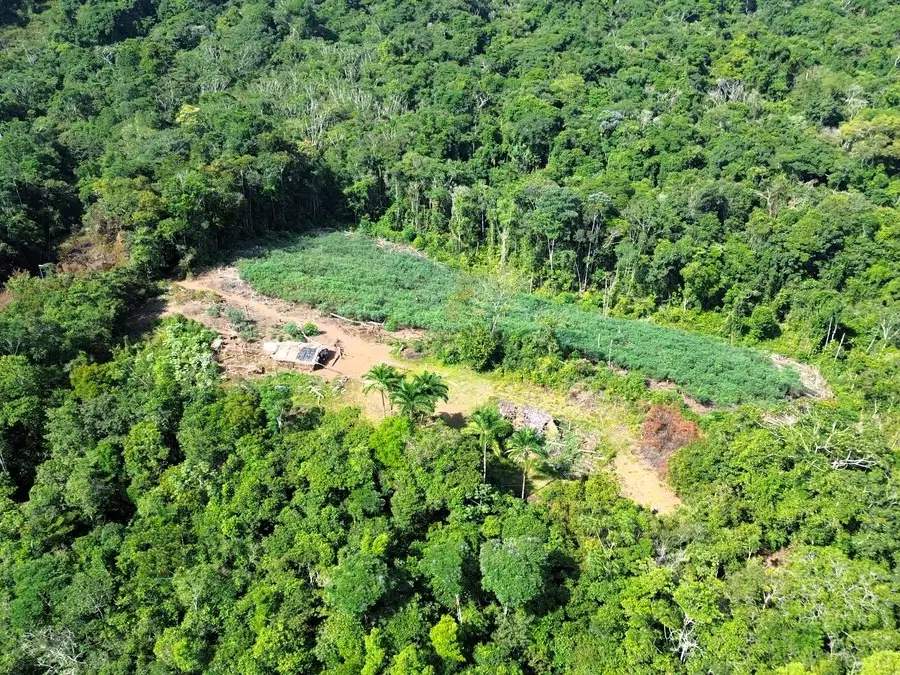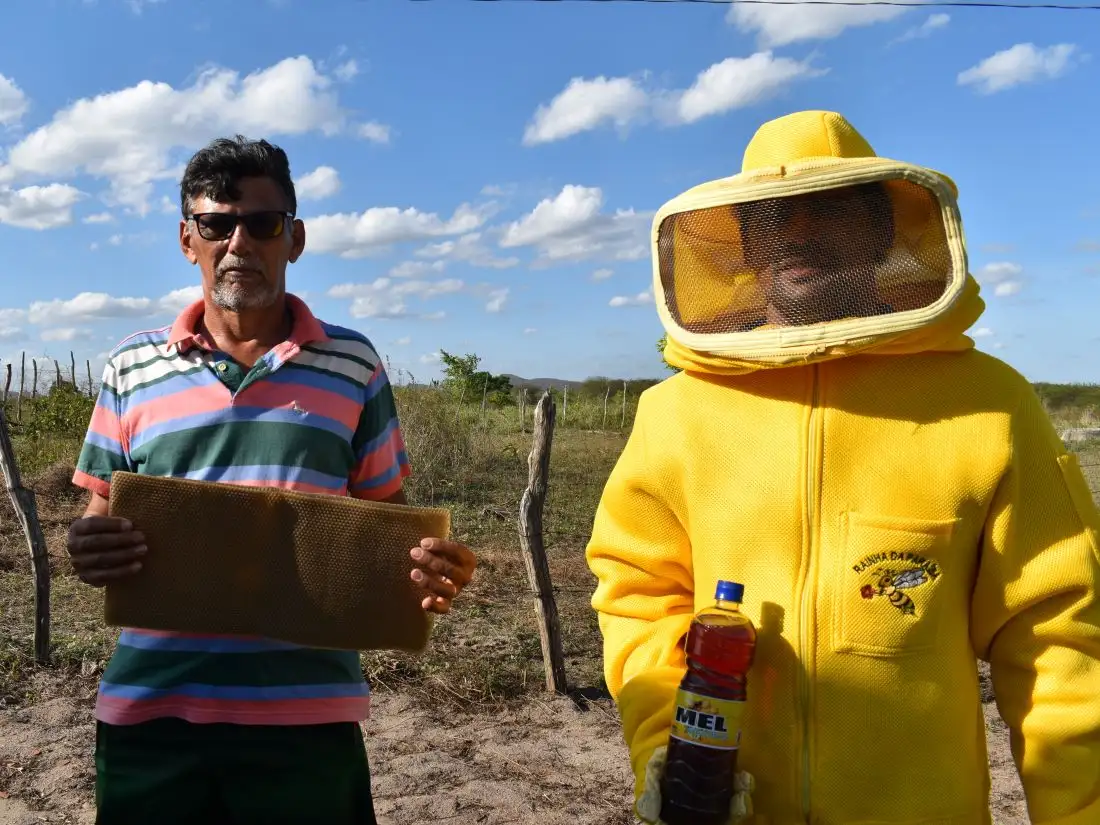A guide to COP29, the UN climate summit taking taking place in Baku, Azerbaijan, from 11 to 22 November 2024.


World leaders will meet at Azerbaijan for the annual UN climate talks
What is COP29? What does COP29 mean?
‘COP29’ will be the 29th Conference of the Parties meeting. This is the UN’s annual climate change summit, hosting all the ‘Parties’ (meaning the countries who are ‘party to’ – i.e. signed – the UN’s landmark treaty on tackling climate change in 1992). The newest attendee is the Holy See, which became a party in 2022.
When and where is COP29 being held and in which country? Who will host COP29?
COP29 will take place over two weeks in November 2024, hosted by Azerbaijan in its country’s capital, Baku.
Each year the COP Presidency rotates between five regions, with this year being the turn of Central and Eastern Europe. The president will be Mukhtar Babayev, Azerbaijan’s Minister of Ecology and Natural Resources. Babayev previously worked at Azerbaijan's national oil and gas company, Socar, for much of his career.


Millions of people have been affected by an extreme hunger crisis in Somalia and other countries in East Africa - a crisis made worse by failed rainy seasons. (Photo: Miriam Donohue/Trócaire)
Why is COP29 important? What themes are on the agenda for COP29?
COP29 comes at an incredibly important time for communities being devastated by the climate crisis.
It is already being called ‘the finance COP’, since this is the year the New Collective Quantified Goal on Climate Finance is due to be agreed.
The new climate finance goal, or NCQG, is the successor to the last funding pledge rich countries made to low-income ones, in 2009: $100 billion per year. Countries have roundly failed to deliver this $100bn year after year, leading to extreme mistrust between nations and a lost decade of climate action.
It is a matter of fairness that high-income countries such as the UK – who became rich from polluting coal-, oil-, and gas-fuelled economic development – support poor countries financially both to decarbonise and to adapt to a vastly more volatile climate.
And it won’t just be finance on the agenda. Critical issues to CAFOD and our partners, such as agriculture, food systems, land rights, health, women, and green jobs will also be negotiated.
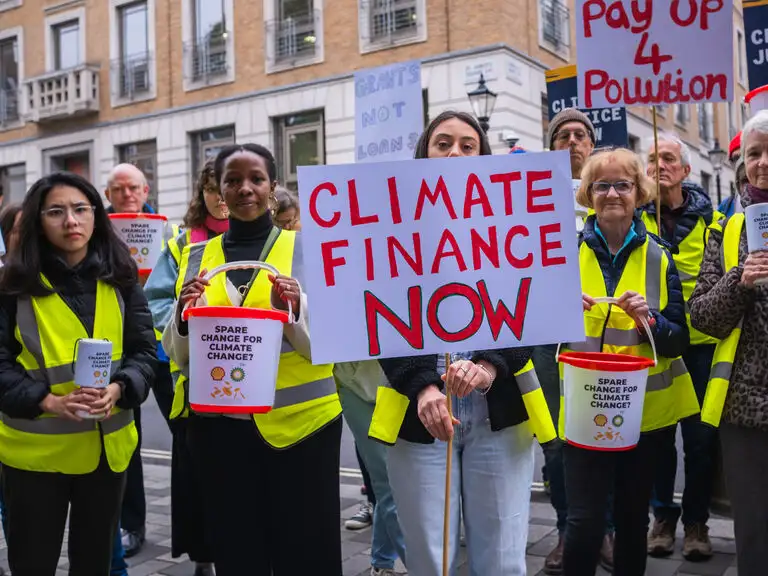
What happened at COP29?
The COP29 talks in Azerbaijan ended with a weak deal to provide low-income countries with money to tackle the climate crisis.
Governments at the summit agreed to increase the amount of money countries hardest hit by the crisis will receive to $300bn a year.
But the agreement will not provide enough money for affected countries to prepare for climate disasters and rebuild after emergencies.
When will COP30 take place? Where will COP30 be held? Who will host COP30?
Unfortunately, it is inevitable that there will be many issues left to resolve, even after COP29 is over. These will fall to COP30, held in Belém, Brazil in 2025.
We don’t yet know for definite where COP31 will be held. Though, it is likely that Australia (part of the Western European and Other States region) will be successful, following a strong bid.
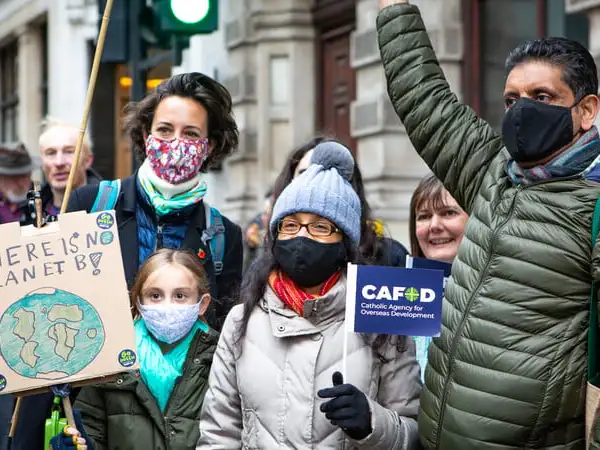

People worldwide demanded action when leaders met at the COP26 climate talks in Glasgow


